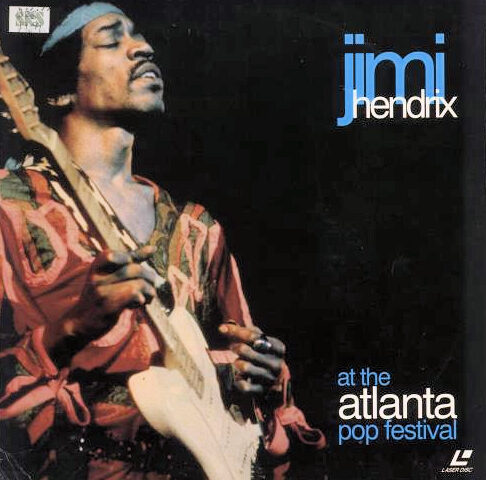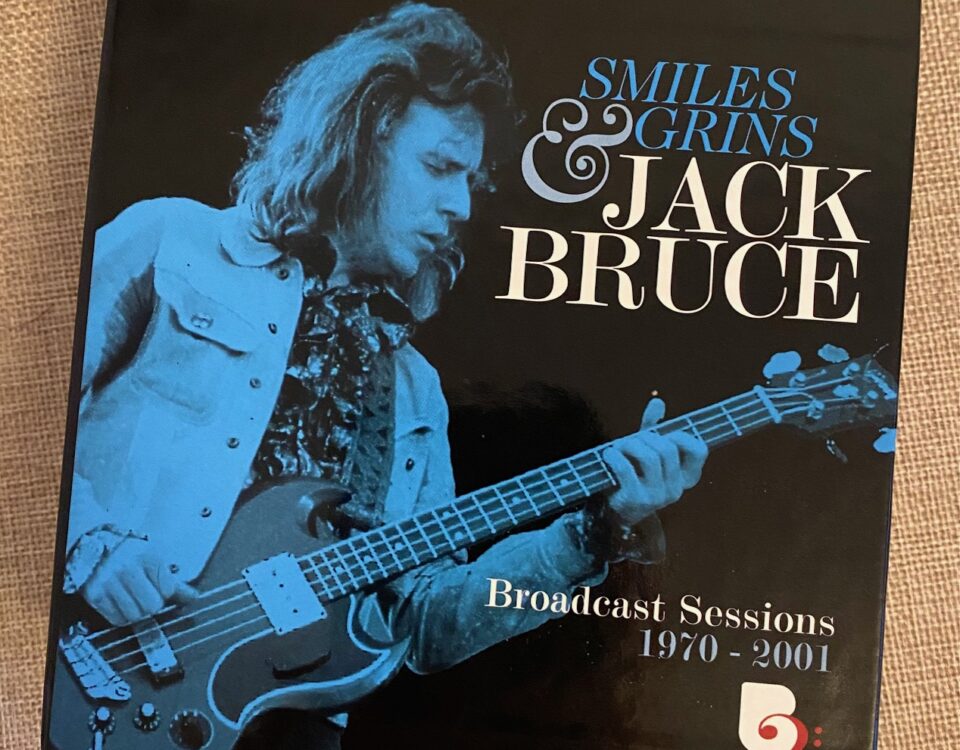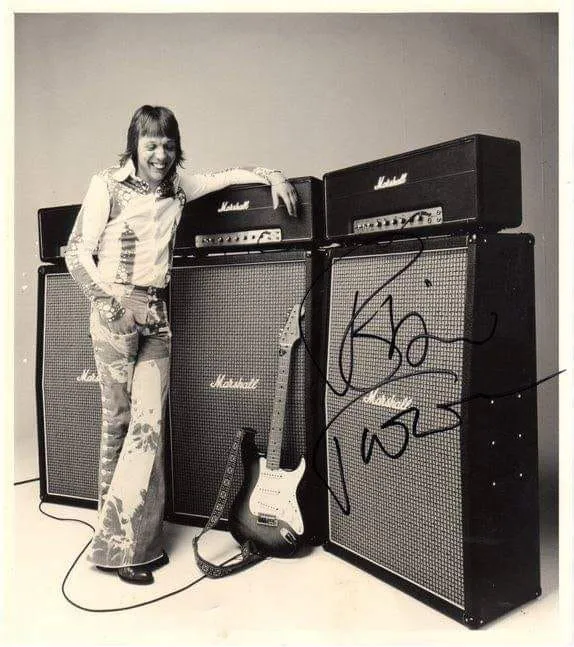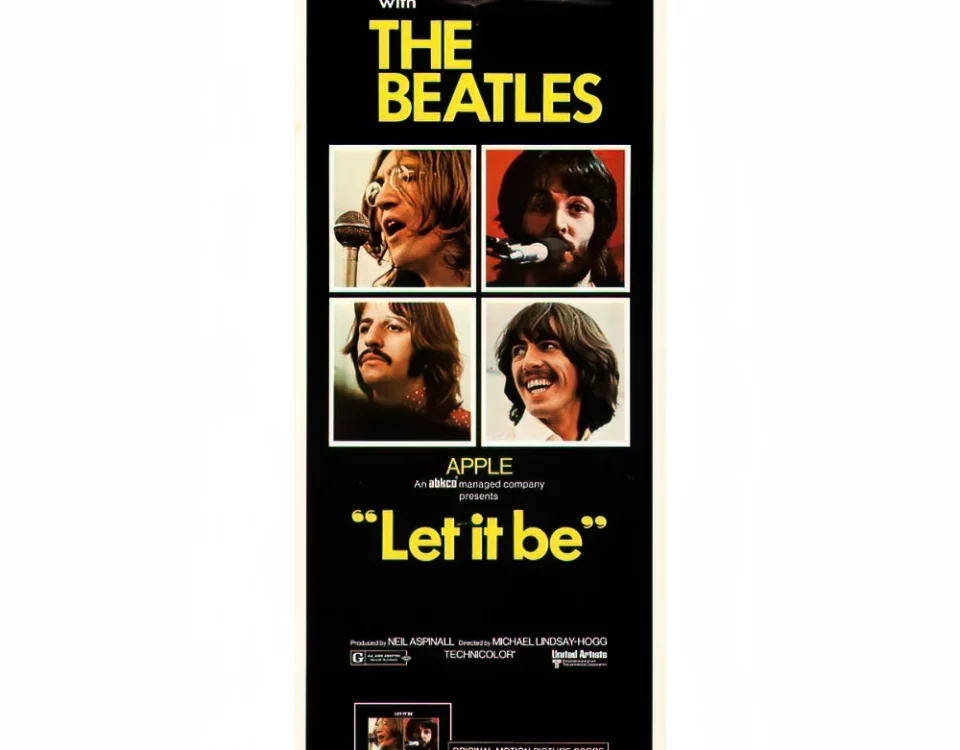Seeing the Unseen

As a beyond-enthusiastic viewer of music documentaries and recorded performances, I was interested to see how this year’s “Best Music Film” category would turn out at the Grammy Awards, held a few weeks ago on April 3.
A key marketing angle often played up with releases that document events from years past is to boast of forgotten footage, or images entirely unseen. That approach is within the orbit of the film that did win the Grammy, a look back at the Harlem Cultural Festival of 1969, directed by Ahmir “Questlove” Thompson of The Roots.
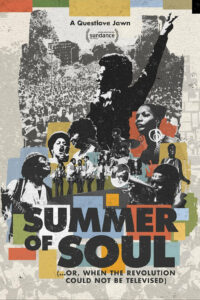
Questlove’s “jawn” (a word choice putting his Philly origins on full display)…
In the public’s mind, it’s easy to picture Questlove laboring away in an editing studio, painstakingly assembling sights never seen. The festival was certainly ripe for documentation, having played out over six Sundays all those years ago, and featuring a fantastic array of artists ranging from Stevie Wonder and Sly and the Family Stone to B.B. King and Nina Simone. Yet, upon the film’s 2021 release, emphasis was focused upon the cultural neglect this event endured from the world at large. The stance was reflected in the film’s title: Summer of Soul (…Or, When the Revolution Could Not Be Televised).
Except selections from 40 hours of videotape had indeed been televised – twice. Once on ABC, and once on CBS, both airings occurring shortly after the festival was recorded by producer Hal Tulchin in 1969. And far from languishing in a dusty pile, all of the material had been digitized and cataloged between 2004 and 2006, ready for assembly into a finished cut.
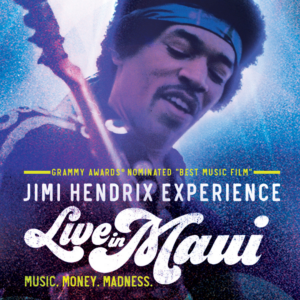
Music, Money, Madness… Jimi Hendrix in Hawaii was the main competition for Summer of Soul.
Interestingly, Questlove’s competition for “Best Music Film” was none other than the recent documentary about the events leading up to Jimi Hendrix’s 1970 appearance on a hillside in Maui, Hawaii, Music, Money, Madness… Jimi Hendrix in Maui.
Experience Hendrix have not been above their own misleading characterization of Jimi Hendrix film footage. When the recordings of Jimi’s July 4, 1970, performance at the second Atlanta Pop Festival were released as Freedom: Atlanta Pop Festival the audio release was joined by a film of the event, Jimi Hendrix Experience: Electric Church.
Publicizing the film, Experience Hendrix rather breathlessly reported, “virtually all of the film lay undeveloped inside (filmmaker Steve) Rash’s barn for over three decades. The full-color film stock held up remarkably well, and makes for a transcendent viewing experience.”
Except the footage of Jimi on stage at the Atlanta Pop Festival had made numerous appearances over the years since 1970, including as a 1992 Laser Disc title Jimi Hendrix at the Atlanta Pop Festival, which presented 12 of the tracks from Jimi’s 17-song set.
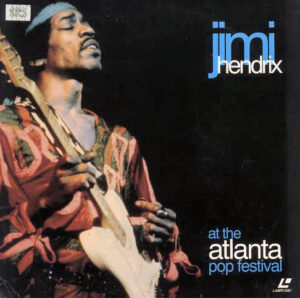
Regardless of claims of undeveloped film, over the years footage of Jimi Hendrix’s Atlanta Pop Festival performance had been well represented in the media marketplace.
I guess it all boils down to something Jimi himself said in the opening moments of his masterpiece album Axis: Bold as Love: “As you all know, you just can’t believe everything you see and hear, can you?”
